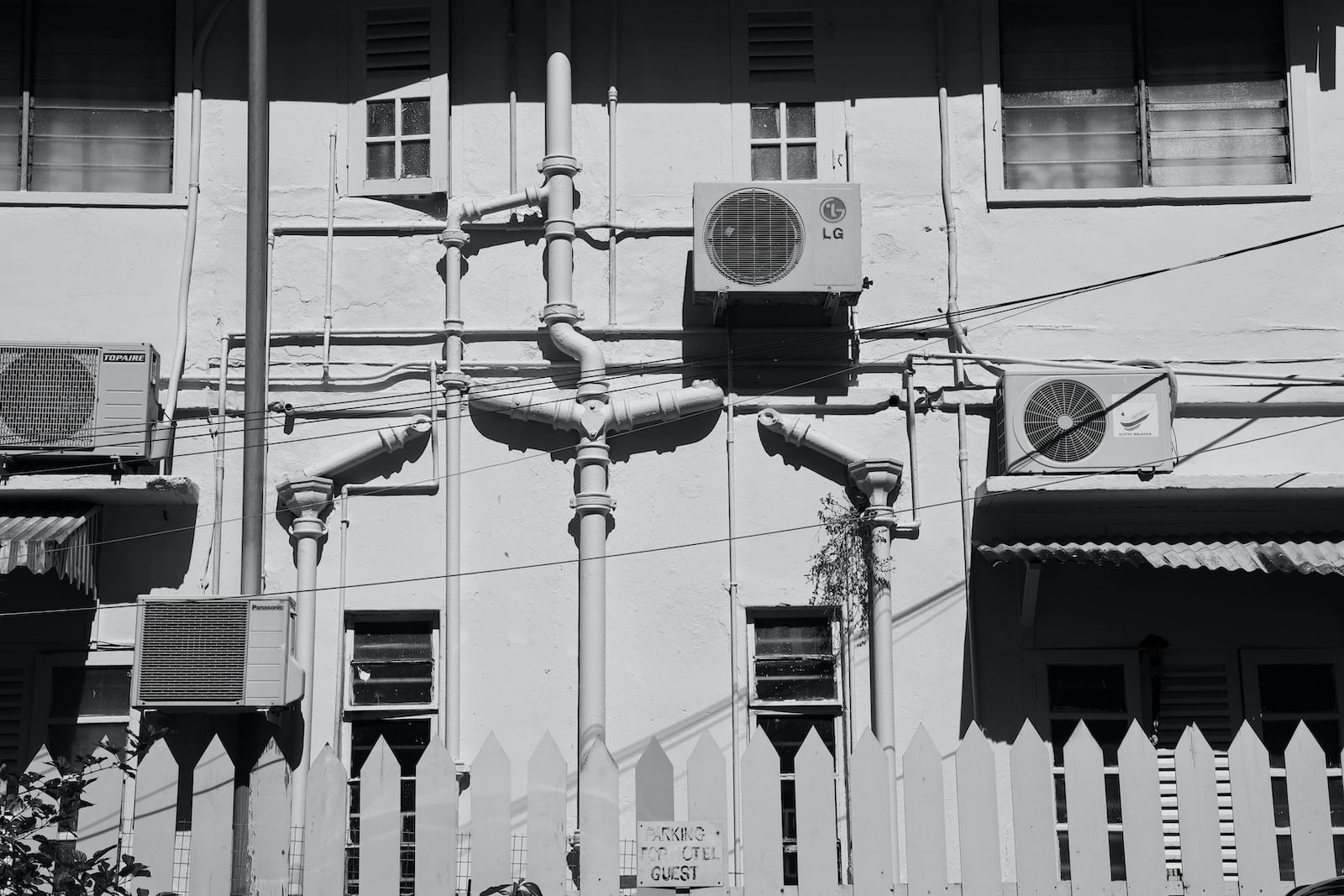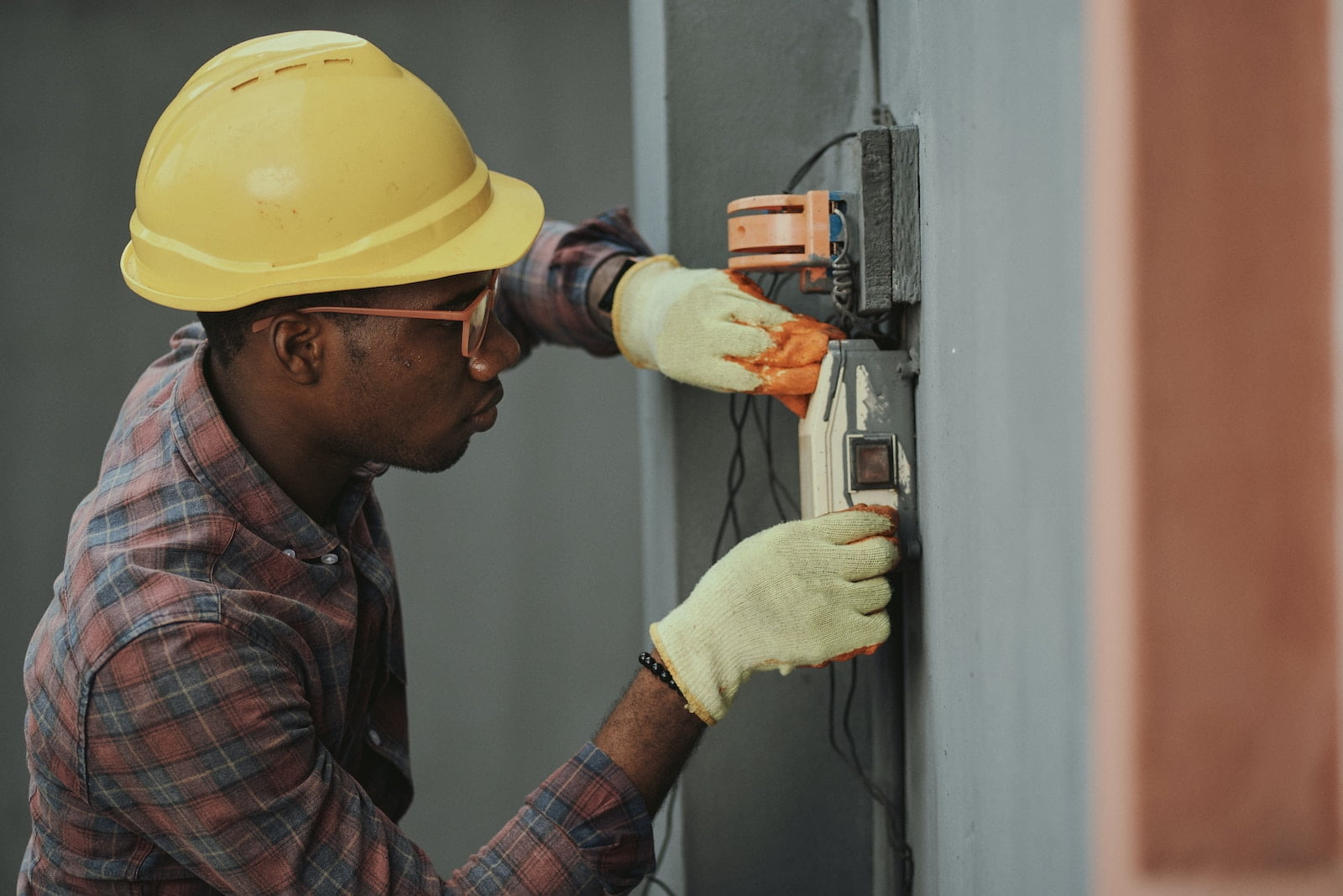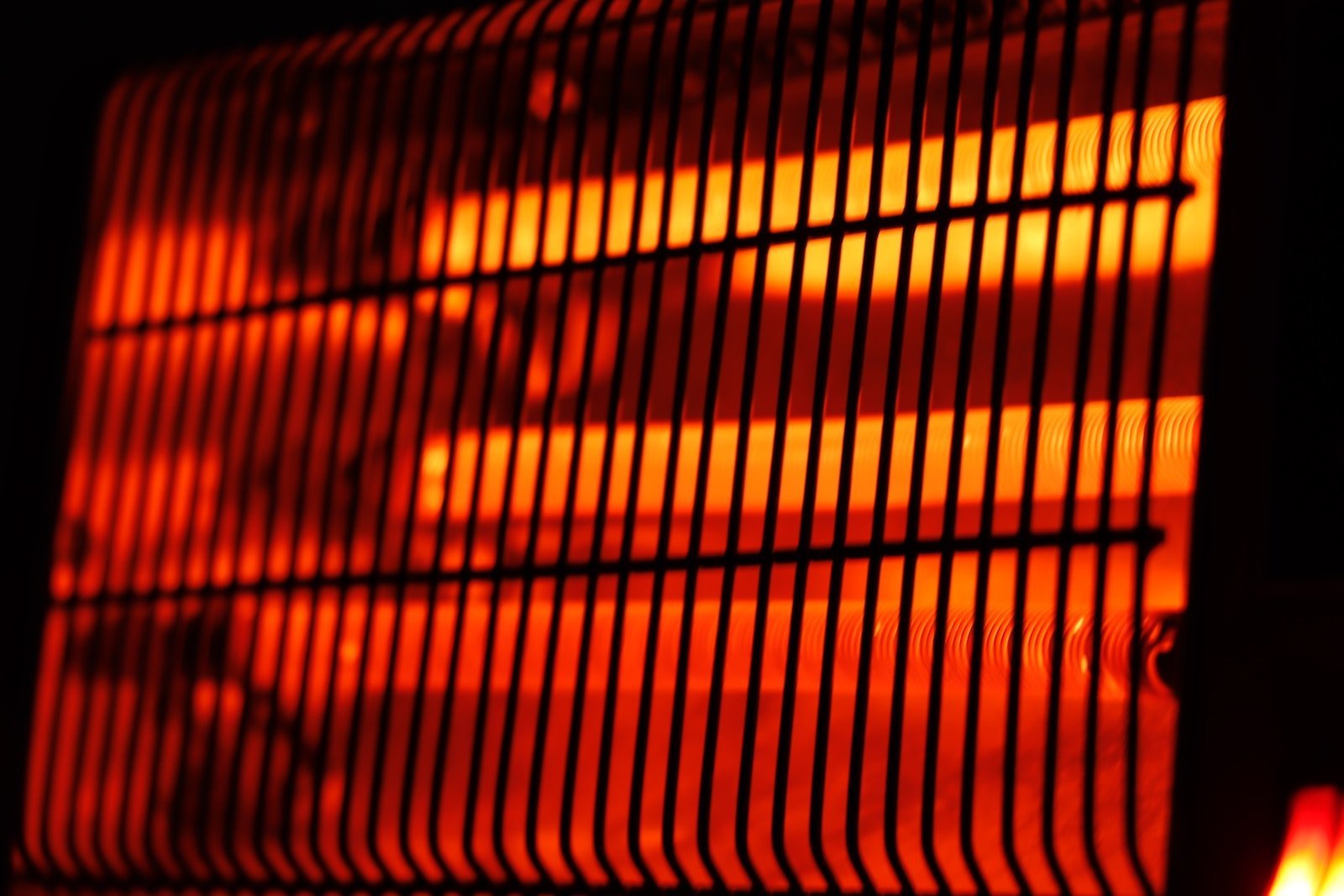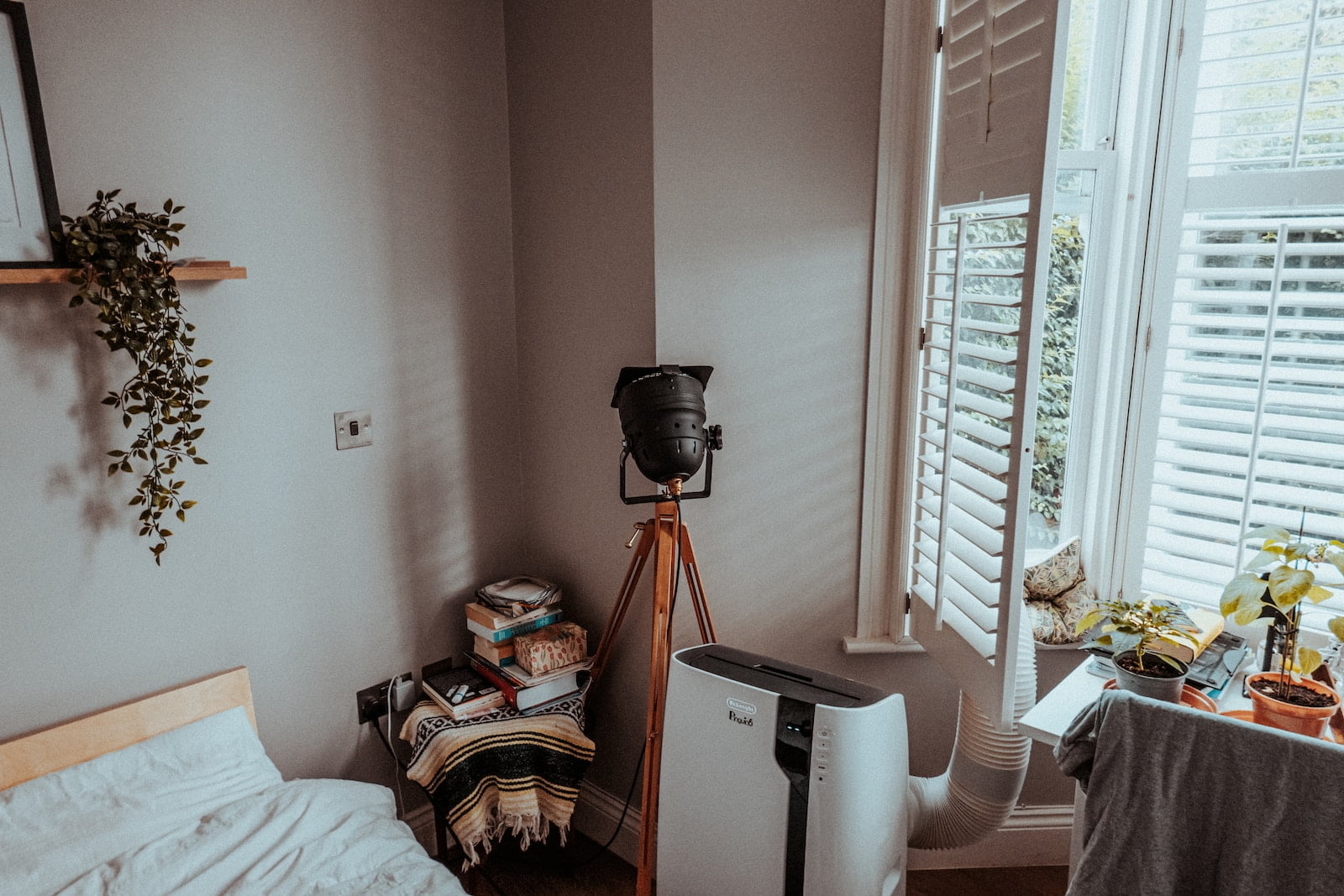AC Compressor Not Working with Running Condenser Fan: Troubleshooting
When it comes to air conditioning systems, the compressor and condenser fan are two essential components that work together to keep your home cool and comfortable. However, if your AC compressor is not working while the condenser fan is running, it can result in a range of issues that can affect the performance and efficiency of your system.
Understanding the reasons behind this problem and how to fix it is crucial for homeowners who want to ensure their air conditioning system is running smoothly. In this article, we will explore the definition of an AC compressor not working with a running condenser fan and provide some useful tips on how to troubleshoot and resolve this issue.
So, if you’re experiencing problems with your AC compressor and condenser fan, read on to learn more about what could be causing the issue and how to fix it.
Possible Causes: Lack of Power Supply, Faulty Capacitor, Broken Wires, Low Refrigerant Level, Malfunctioning Compressor
If your air conditioner is not functioning properly, there could be several possible causes. One of the most common reasons is a lack of power supply. This can occur if the air conditioner is not plugged in or if there is an issue with the electrical outlet. Another possible cause is a faulty capacitor. The capacitor is responsible for starting the compressor and a malfunctioning capacitor can prevent the compressor from starting.
Broken wires can also cause your air conditioner to malfunction. If there is a break in the wiring, it can prevent the unit from receiving power or communicating with the thermostat. A low refrigerant level is another possible cause of an air conditioner malfunction. If there is not enough refrigerant in the system, the air conditioner will not be able to cool the air.
Finally, a malfunctioning compressor can cause your air conditioner to stop working. The compressor is responsible for compressing the refrigerant and circulating it through the system. If the compressor is not functioning properly, the air conditioner will not be able to cool the air. In conclusion, if your air conditioner is not working, it could be due to a lack of power supply, faulty capacitor, broken wires, low refrigerant level, or malfunctioning compressor.
Troubleshooting Steps: Check Power Supply, Inspect Capacitor, Test Wires, Check Refrigerant Level, Test Compressor
After checking the power supply and inspecting the capacitor, the next step is to test the wires. This is important because faulty wires can cause the air conditioning unit to stop working. You can use a multimeter to test the wires for continuity. If there is no continuity, it means that the wire is broken and needs to be replaced. Another important step is to check the refrigerant level. Low refrigerant levels can cause the air conditioning unit to stop working properly. You can use a refrigerant gauge to check the level of refrigerant in the unit. If the level is low, it means that there is a leak in the system and it needs to be fixed.
Finally, testing the compressor is the last step in troubleshooting an air conditioning unit. The compressor is responsible for compressing the refrigerant and circulating it through the system. If the compressor is not working properly, the unit will not cool properly. You can test the compressor by checking the voltage and amperage. If the readings are not within the manufacturer’s specifications, it means that the compressor is faulty and needs to be replaced. By following these troubleshooting steps, you can identify and fix the problem with your air conditioning unit and enjoy cool air again.
Common Fixes: Replace Capacitor, Repair Wires, Refill Refrigerant, Replace Compressor
When it comes to fixing your air conditioning unit, there are several common fixes that can address a range of issues. One common fix is replacing the capacitor, which is responsible for starting the compressor and fan motors. If your AC unit is not turning on or is making strange noises, a faulty capacitor may be the culprit. Another common fix is repairing wires that may have become damaged or frayed over time. This can cause your AC unit to stop working altogether or result in intermittent cooling.
If your AC unit is not cooling properly, it may be due to low refrigerant levels. Refilling the refrigerant can help restore proper cooling and improve the efficiency of your unit. Finally, if your compressor has failed and is beyond repair, replacing it may be necessary. The compressor is the heart of your AC unit and is responsible for circulating refrigerant through the system. Without a properly functioning compressor, your AC unit will not cool your home effectively.
While these common fixes can address many issues with your AC unit, it is important to have a professional HVAC technician diagnose and repair any problems. Attempting to fix your AC unit yourself can be dangerous and may cause further damage to your system. With proper maintenance and timely repairs, you can keep your AC unit running smoothly and efficiently for years to come.
Prevention Tips
Regular maintenance, professional inspection, proper installation, timely repairs, and avoiding overuse are all crucial in preventing problems with your appliances.
Firstly, regular maintenance is essential to ensure that your appliances are functioning correctly. This includes cleaning them regularly, replacing worn-out parts, and checking for any signs of damage. By doing so, you can prevent potential problems from occurring and prolong the lifespan of your appliances.
Secondly, having your appliances professionally inspected is also important. Professionals can identify any potential issues that you may have missed and provide you with advice on how to prevent them from occurring. They can also give you tips on how to use your appliances more efficiently, which can save you money on repairs and energy bills.
Thirdly, proper installation is crucial to prevent accidents and damage to your appliances. Make sure that you follow the manufacturer’s instructions carefully and seek professional help if necessary.
Fourthly, timely repairs are essential to prevent small problems from turning into big ones. If you notice any signs of damage or malfunction, it’s important to address them immediately. This can save you money on repairs in the long run and prevent further damage to your appliances.
Lastly, avoiding overuse is important to prevent wear and tear on your appliances. Make sure that you use them only as directed and avoid overloading them. This can prevent potential problems from occurring and prolong the lifespan of your appliances.
In conclusion, by following these prevention tips, you can ensure that your appliances are functioning correctly and avoid costly repairs in the future. Remember to always prioritize the maintenance and care of your appliances to ensure their longevity.






